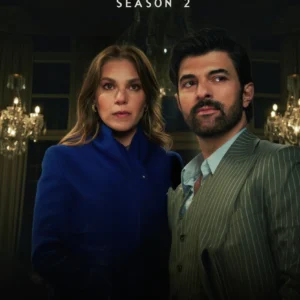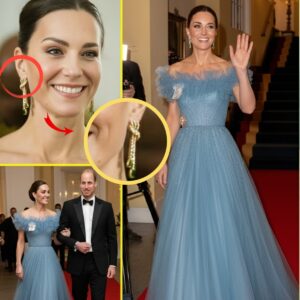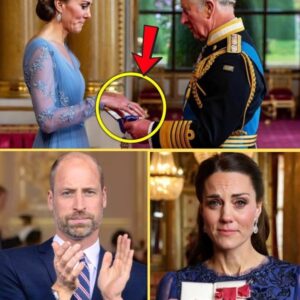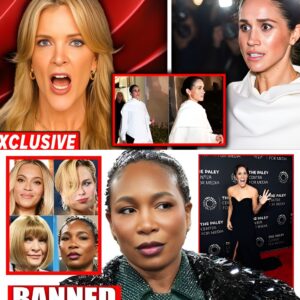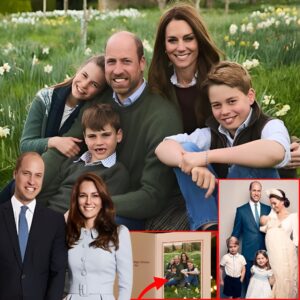In a polarizing political landscape, few rivalries have captured public attention as vividly as the ongoing feud between former and current U.S. President Donald Trump and global pop icon Taylor Swift. On May 16, 2025, Trump reignited the controversy with a provocative claim: “Has anyone noticed that since I said, ‘I hate Taylor Swift,’ she’s not famous anymore?” This statement, emblematic of Trump’s combative rhetoric, underscores a years-long tension rooted in political differences, personal pride, and the clash of cultural influence. This article explores the origins, escalation, and implications of this high-profile conflict, delving into the motivations behind Trump’s persistent attacks and Swift’s measured silence.
Origins of the Feud: A Political Divide
The discord between Trump and Swift first surfaced in 2018 during the U.S. midterm elections. Swift, who had previously avoided explicit political endorsements, broke her silence by publicly supporting two Democratic candidates in her home state of Tennessee. As a prominent member of the Republican Party and the sitting president at the time, Trump took umbrage at Swift’s alignment with his political opponents. In a public statement, he remarked, “I’m sure Taylor Swift doesn’t know anything about [the Democratic candidate], and now I like her music about 25% less.” The comment, delivered with Trump’s characteristic blend of humor and disdain, marked the beginning of a feud that would intensify over the years.
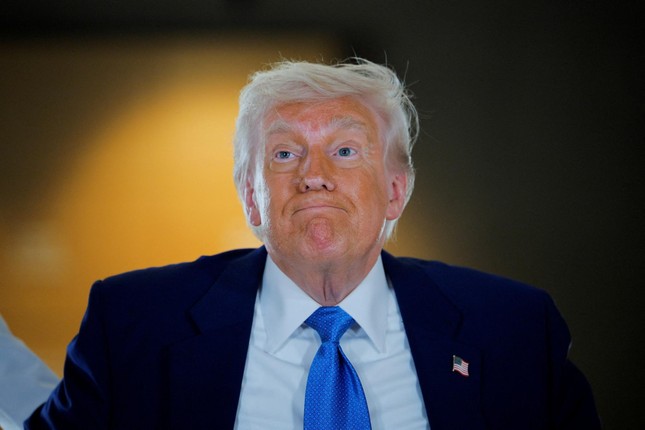
Swift’s decision to engage in political discourse was a significant departure from her earlier apolitical stance. Known for her carefully curated public image, she explained her endorsement as a response to policies and rhetoric she found misaligned with her values, particularly on issues like gender equality and human rights. For Trump, Swift’s influence as a cultural figure with a massive, devoted fanbase—known as “Swifties”—posed a potential threat to his political brand, which relied heavily on celebrity-like popularity and media dominance.
Escalation in 2020: A Quiet but Pointed Critique
The 2020 presidential election saw Swift deepen her political involvement, openly criticizing Trump’s leadership and endorsing Joe Biden. She accused Trump of stoking division and undermining democratic institutions, remarks that reportedly irked the then-president. Insiders claimed Trump believed he commanded greater fame and loyalty than Swift, viewing her criticism as a personal affront. However, during this period, Trump refrained from direct public attacks on the singer, perhaps wary of alienating her fanbase or escalating the conflict during a critical election year.
Swift’s endorsement of Biden, while influential among her fans, did not single-handedly sway the election, as some exaggerated narratives suggested. Nevertheless, her ability to mobilize young voters and shape public discourse amplified her status as a political force, further fueling Trump’s perception of her as a rival.
The 2024 Election: A War of Words and Images
The 2024 presidential election marked a turning point in the Trump-Swift feud, with Trump adopting a more aggressive and personal approach. In February 2024, he accused Swift of ingratitude, claiming he had signed the Music Modernization Act, which benefited her career and those of other artists. “Joe Biden didn’t do anything for Taylor, and he never will,” Trump declared, framing Swift’s support for Biden as a betrayal. The Music Modernization Act, passed in 2018, reformed copyright laws to ensure fair compensation for artists in the digital streaming era, and Trump’s assertion was technically accurate. However, Swift’s political choices were driven by broader ideological differences, not personal debts.

By August 2024, Trump escalated his attacks through a controversial use of artificial intelligence. He shared AI-generated images on social media depicting Swift and her Swifties endorsing his campaign, falsely suggesting her support. These images, which misrepresented Swift’s political stance, drew widespread condemnation for spreading misinformation. Swift, who had not yet announced her endorsement, responded indirectly by reinforcing her commitment to truth and authenticity in her public statements.
In September 2024, shortly after Swift endorsed Kamala Harris, Trump issued a stark warning, suggesting she “might pay a price” for siding with the Democrats. He further mocked her by producing and selling knockoff merchandise mimicking the iconic T-shirts from Swift’s The Eras Tour, repurposed for his campaign. The culmination of this hostility came on September 15, 2024, when Trump bluntly stated, “I hate Taylor Swift.” The declaration, uncharacteristically direct, shocked even his supporters and underscored the depth of his animosity.
Post-Election Tensions: Super Bowl and Beyond
Despite securing victory in the November 2024 election, Trump’s fixation on Swift persisted. In February 2025, following the Kansas City Chiefs’ loss at Super Bowl LIX, Trump seized the opportunity to taunt Swift, whose boyfriend, Travis Kelce, plays for the team. He claimed Swift was booed by the audience while he received cheers, a narrative that lacked verifiable evidence but aligned with his pattern of exaggerating his popularity. This incident highlighted Trump’s tendency to frame Swift as a diminished figure in contrast to his own perceived triumphs.
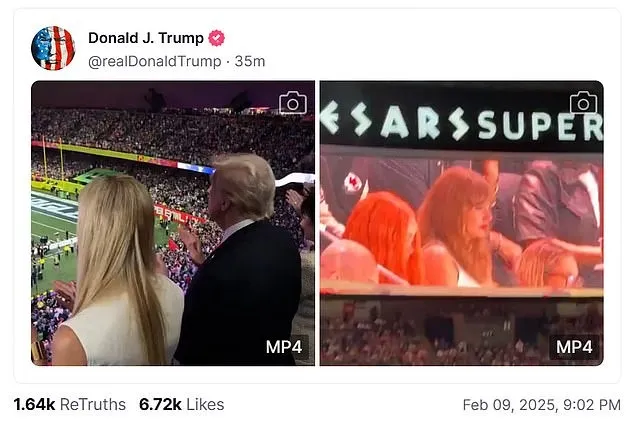
The media, particularly in Europe and the U.S., has attributed Trump’s relentless focus on Swift to her unparalleled cultural influence. In 2024, Swift’s endorsement was seen as a potential game-changer in the presidential race, with some analysts arguing it could sway undecided voters. The 2020 election, where Swift’s support for Biden coincided with his victory, reinforced this perception, even if her impact was not decisive. Trump’s repeated attacks suggest he views Swift not merely as a political opponent but as a symbolic threat—a figure whose influence rivals his own in a media-saturated age.
Beyond Swift: Targeting Bruce Springsteen
Swift is not the only celebrity in Trump’s crosshairs. In a parallel narrative, Trump has targeted rock legend Bruce Springsteen, who endorsed Biden and criticized Trump’s policies. Labeling Springsteen “stupid” and “detestable,” Trump dismissed his music and progressive politics, claiming, “He’s not talented.” Like Swift, Springsteen has chosen not to engage directly with Trump’s insults, allowing his work and public statements to speak for themselves. This pattern of targeting prominent cultural figures underscores Trump’s strategy of neutralizing perceived adversaries by challenging their credibility and relevance.
The Silence of Swift and Springsteen
Both Swift and Springsteen have maintained a dignified silence in response to Trump’s provocations. Swift, in particular, has navigated the feud with strategic restraint, addressing political issues through her platform without stooping to personal rebuttals. Her silence may reflect a calculated decision to avoid amplifying Trump’s narrative, which thrives on controversy and media attention. By focusing on her music and advocacy, Swift preserves her image as a principled artist rather than a participant in a political soap opera.
Springsteen, similarly, has prioritized his artistic legacy over engaging in a war of words. His refusal to respond directly aligns with a broader trend among high-profile figures who opt to rise above personal attacks, particularly when the aggressor is a polarizing political figure like Trump.
Implications: Power, Influence, and the Culture War
The Trump-Swift feud transcends personal animosity, reflecting broader tensions in American society. Swift represents a younger, progressive demographic that values inclusivity and social justice, while Trump embodies a conservative, populist movement skeptical of cultural elites. Their conflict symbolizes the ongoing culture war, where influence is contested not only in politics but also in media, entertainment, and public perception.
For Trump, attacking Swift serves multiple purposes: it rallies his base, generates headlines, and attempts to diminish a figure whose influence he envies. However, his persistence risks alienating moderate voters and Swift’s fans, who span political affiliations. Swift’s ability to maintain her global popularity despite Trump’s attacks suggests that her cultural capital remains intact, challenging the narrative that Trump’s words can “end” her fame.
The feud also raises questions about the role of celebrities in politics. Swift’s endorsements, while impactful, are not omnipotent, as evidenced by the 2024 election outcome. Yet her ability to shape discourse and mobilize fans underscores the evolving power of artists in the political arena. Trump’s reaction to this power reveals both his recognition of its significance and his insecurity about his own influence in comparison.
Conclusion: A Feud Far From Over
As of June 2025, the Trump-Swift feud shows no signs of abating. Trump’s May 16 statement, claiming Swift’s fame has waned, is less a reflection of reality than a continuation of his combative persona. Swift, now 35, remains a global superstar, with The Eras Tour breaking records and her music dominating charts. Her influence, far from diminished, continues to shape cultural and political conversations.
The feud, at its core, is a clash of egos and ideologies, with Trump seeking to assert dominance and Swift standing firm in her principles. While Trump’s attacks may generate temporary buzz, Swift’s silence and sustained success suggest she is playing a longer game—one where influence is measured not in headlines but in lasting impact. As the 2028 election looms, this rivalry may yet evolve, but for now, it remains a fascinating study in power, fame, and the politics of resentment.
